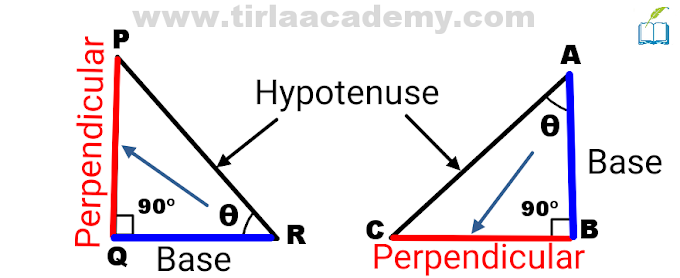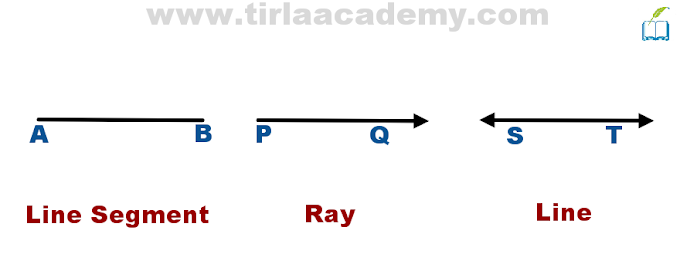Irrational number
A number which we can't show in fractional form is known as Irrational number.
Example:- √2, √3, π, √5, etc.
For a detailed explanation on an irrational number, you may read this article.
Now we will discuss how to prove √2, √3 & √5 is an irrational number.
Prove that √2 is an irrational number.
First, Let √2 is a rational number. So we may write it as below-
√2 = a/b
Let, where a & b are co-prime numbers, means common factor between a & b is 1.
b√2 = a
Now squaring both sides-
(b√2)² = a²
2b² = a²
b² = a²/2......Eq.1
where we can see a is divisible by 2, hence a has 2 as a factor.
Let, a = 2c where c is some integer & we will put a = 2c in Eq.1.
b² = (2c)²/2
b² = 4c²/2
b² = 2c²
b²/2 = c²
Here we can see b is also divisible by 2, hence b has 2 as a factor.
Now here we can say that a & b have 2 as a common factor other than 1. So they are not co-prime.
Hence our assumption √2 is a rational number is wrong & we conclude √2 will be an irrational number.
Prove that √3 is an irrational number.
First, Let √3 is a rational number. So we may write it as below-
√3 = a/b
Let, where a & b are co-prime numbers, means common factor between a & b is 1.
b√3 = a
Now squaring both sides-
(b√3)² = a²
3b² = a²
b² = a²/3......Eq.1
where we can see a is divisible by 3, hence a has 3 as a factor.
Let, a = 3c where c is some integer & we will put a = 3c in Eq.1.
b² = (3c)²/3
b² = 9c²/3
b² = 3c²
b²/3 = c²
Here we can see b is also divisible by 3, hence b has 3 as a factor.
Now here we can say that a & b have 3 as a common factor other than 1. So they are not co-prime.
Hence our assumption √2 is a rational number is wrong & we conclude √2 will be an irrational number.
Prove that √5 is an irrational number.
First, Let √5 is a rational number. So we may write it as below-
√5 = a/b
Let, where a & b are co-prime numbers, means common factor between a & b is 1.
b√5 = a
Now squaring both sides-
(b√5)² = a²
5b² = a²
b² = a²/5......Eq.1
where we can see a is divisible by 5, hence a has 5 as a factor.
Let, a = 5c where c is some integer & we will put a = 5c in Eq.1.
b² = (5c)²/5
b² = 25c²/5
b² = 5c²
b²/5 = c²
Here we can see b is also divisible by 5, hence b has 5 as a factor.
Now here we can say that a & b have 5 as a common factor other than 1. So they are not co-prime.
Hence our assumption √5 is a rational is wrong & we conclude √5 will be an irrational number.
For any query, you may contact us & if it is helpful so please share....






